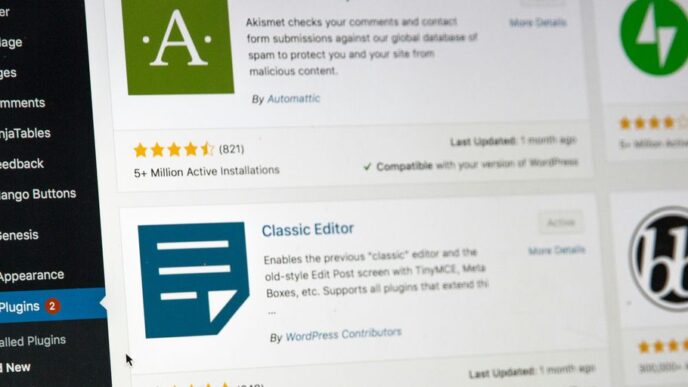The way we network and connect with others in both professional and personal spheres has dramatically evolved over the years, particularly with the rise of digital technologies. A key change in the business world has been the shift from traditional paper business cards to virtual business cards. These digital alternatives are becoming a prominent trend, revolutionizing networking by offering a more efficient, environmentally friendly, and innovative way to exchange contact information. Here’s a look at the growing trends in virtual business card use and how services like EspressoCard are leading the charge.
The Rise of Digital Networking
The pandemic has fast-tracked the adoption of digital tools for communication, forcing businesses to shift to remote working, virtual events, and online networking. These changes have made the physical exchange of business cards less practical, as face-to-face interactions have become rarer. As a result, virtual business cards are becoming an increasingly popular solution for professionals seeking to maintain connections in a virtual-first world.
One of the primary drivers behind the popularity of virtual business cards is the shift toward paperless environments. A growing awareness of environmental concerns, coupled with the push to reduce waste, has led professionals to consider virtual business cards a more sustainable alternative. With virtual business cards, there’s no need for physical printing, meaning that less paper is used, and fewer cards end up in the trash or lost in a drawer.
Customization and Branding
Virtual business cards are highly customizable, making them a powerful tool for personal branding. Professionals can design their digital cards to reflect their unique identity, incorporating elements like logos, color schemes, personalized URLs, and social media links. This level of customization is not only more convenient but also allows users to make a more significant impact on potential clients or business partners. For example, a graphic designer might use a virtual business card that showcases their portfolio with clickable links to their work, while a tech consultant might provide direct links to their LinkedIn profile, resume, or blog.
These interactive features make virtual business cards a more dynamic tool compared to traditional cards, which are often limited to static information such as a name, title, phone number, and email. Through digital cards, individuals can add additional value, making it easier for others to follow up or engage with their content directly.
Integration with Networking Platforms
Another significant trend is the integration of virtual business cards with popular networking platforms like LinkedIn, Twitter, and Instagram. Virtual business card providers are offering seamless integration with these platforms, enabling users to include live links to their social media profiles or online portfolios directly on their cards. This feature makes it easier for potential contacts to connect and engage with individuals professionally across multiple channels.
Additionally, many virtual business card platforms offer the option to track when and how your card is shared. This means that users can monitor the effectiveness of their networking efforts, gaining insights into which connections are most engaged. With this data, professionals can adjust their networking strategies and further optimize how they manage their relationships.

EspressoCard: A Leading Virtual Business Card Provider
Among the many virtual business card providers available today, one platform that stands out is EspressoCard. This service has emerged as a leading provider of customizable digital business cards that cater to a wide variety of industries and professions. EspressoCard offers an intuitive interface, allowing users to create sleek and professional virtual cards in minutes.
What sets EspressoCard apart is its focus on simplicity without compromising functionality. It provides a range of customizable features, including the ability to add contact information, social media links, personal websites, and even video introductions. EspressoCard allows users to create a virtual business card that reflects their unique style and enhances their networking efforts.
The platform also offers analytics tools that help users track how their card is being shared and interacted with. This data is particularly useful for sales professionals, entrepreneurs, and anyone looking to measure the impact of their networking activities. With its user-friendly design and practical features, EspressoCard is empowering individuals and businesses to elevate their digital presence.
Looking Ahead: The Growing Role of Virtual Business Cards
As businesses continue to embrace digital transformation, the use of virtual business cards is only set to increase. These digital tools are not only more eco-friendly, but they offer a level of customization and convenience that traditional paper business cards simply cannot match. Whether it’s personal branding, seamless integration with networking platforms, or tracking the success of your networking efforts, virtual business cards have become an essential tool for professionals in the digital age.
Services like EspressoCard are helping to streamline the process of virtual networking, offering a user-friendly platform that makes it easy to design and share a professional virtual business card. As the business world continues to evolve, virtual business cards will undoubtedly remain a central part of the future of networking, offering professionals a smarter, more efficient way to connect with others in a fast-paced, digital-driven world.














